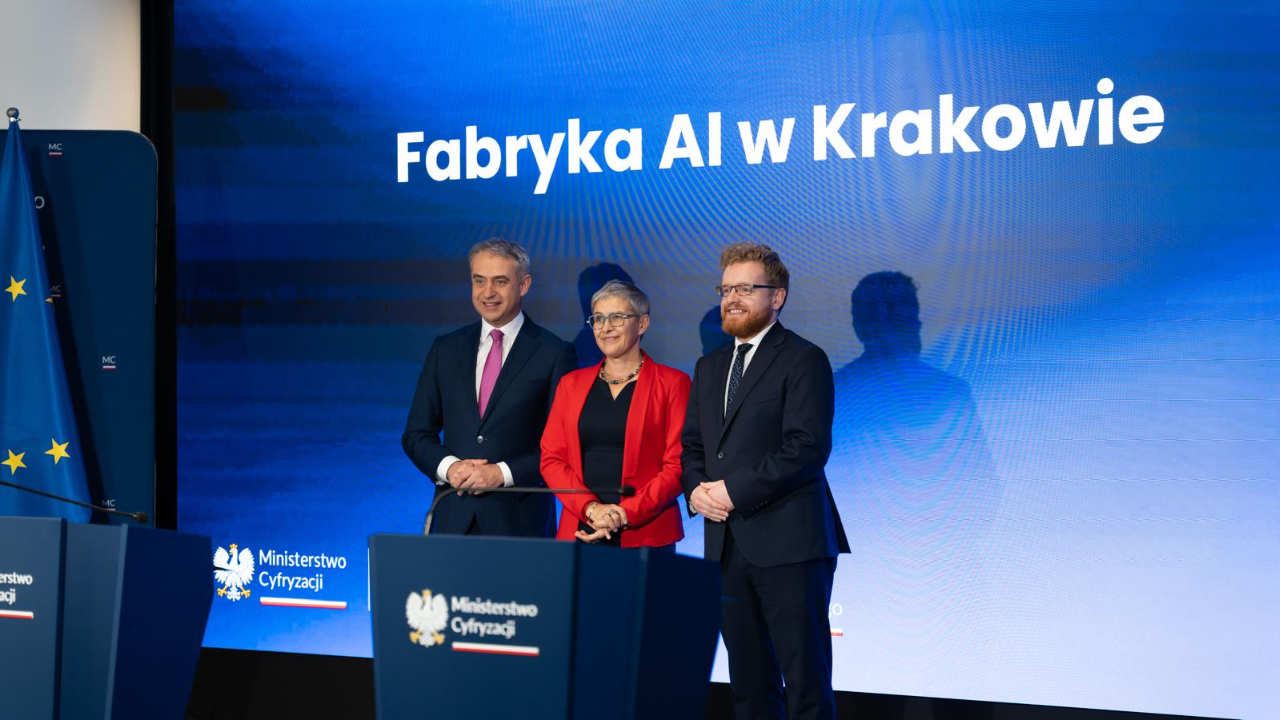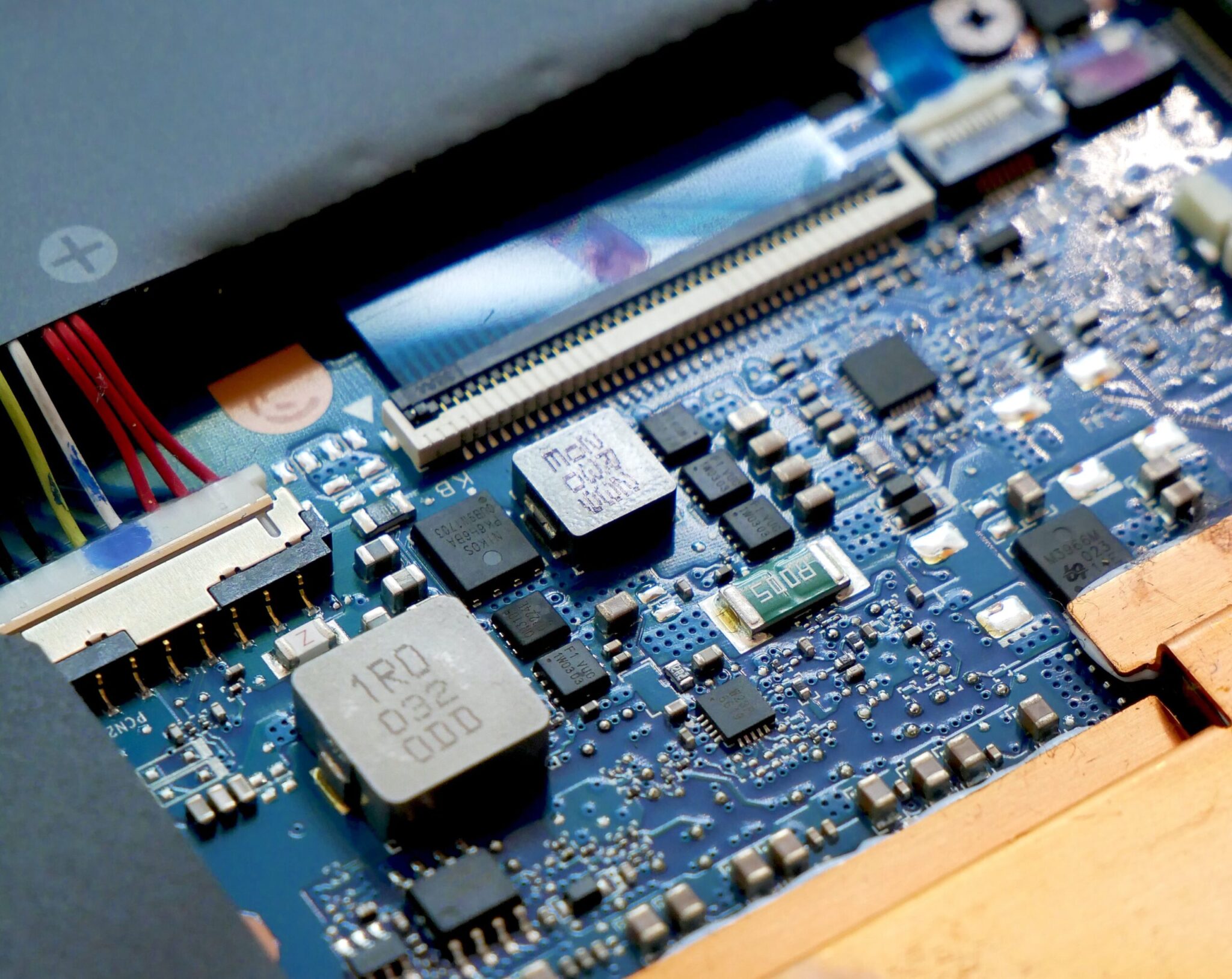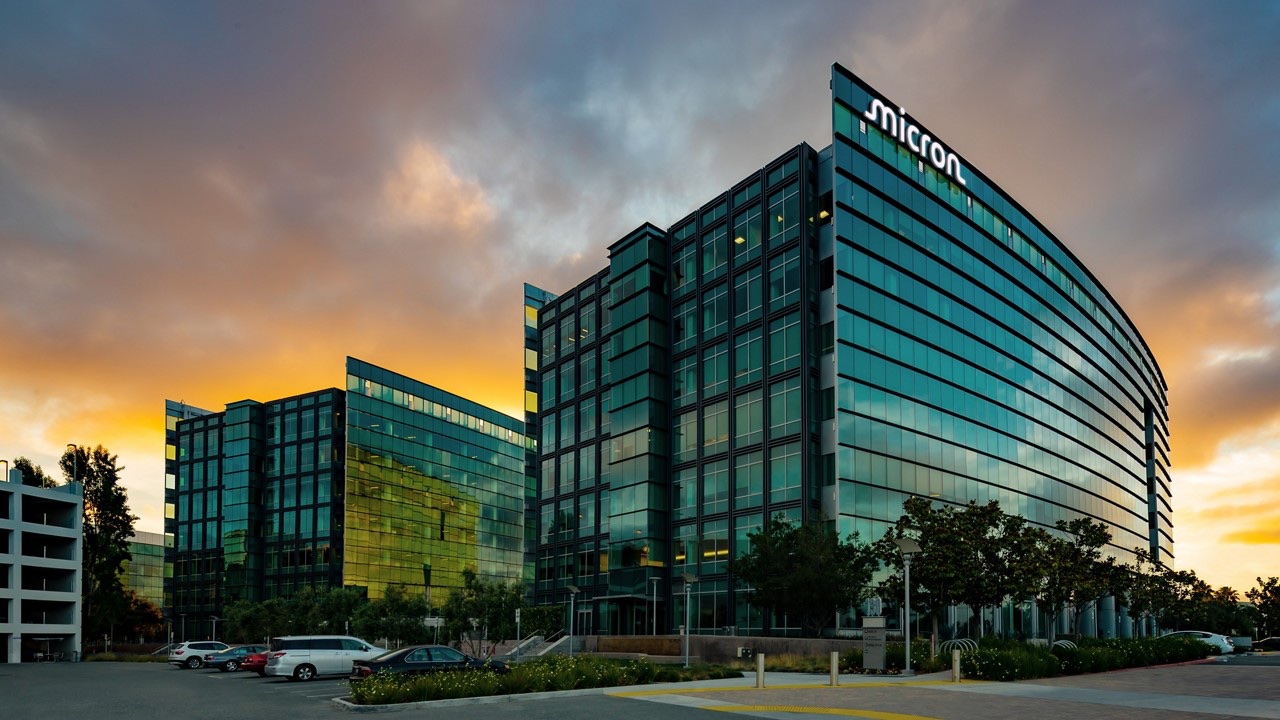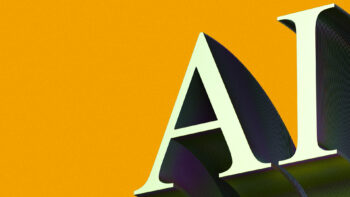Poland is joining the ranks of countries that are investing realistically in infrastructure for advanced artificial intelligence. After Poznań’s PIAST AI Factory comes the Gaia AI Factory – a new centre in Kraków, built by a consortium led by the Academic Computer Centre Cyfronet AGH. The €70 million project, funded half each by Poland and the European Commission, is to be part of a European network of AI Factories coordinated by EuroHPC JU.
This will not be another token research project. The Gaia AI Factory is to provide a next-generation supercomputer – equipped with more than a thousand GPUs, optimised for large language models and AI systems. According to the government’s announcement, it will be several times faster than the current Helios, putting Kraków among the key locations for European computing facilities.
The politicians’ declarations – of ‘digital sovereignty’ and ‘trusted AI’ – are part of a broader Brussels strategy. Europe is keen not to become a mere consumer of models developed in the US and China. AI factories are to create a space to train, test and implement models that comply with European standards: transparency, accountability and data protection.
In practice, Gaia AI Factory is to operate at the interface between science and industry. Priority areas are health, the space sector and the development of large language models. Deputy Science Minister Maria Mrówczyńska emphasised that the project is expected to accelerate the transfer of technology from academia to business – which has remained a weak link in the Polish innovation ecosystem for years.
Poland is also becoming a participant in the next stage – the AI Gigafactories consortium, which is to create a European infrastructure for models with trillions of parameters. This signals that Brussels is treating our country not only as a recipient of funds, but as a partner in building strategic resources for AI.
The biggest challenge, however, will be the use of this infrastructure – not only by researchers, but also by technology companies and the public sector. The AI factory can become a boost for the local deep tech market, but only if it is open to entrepreneurs and competence development programmes.
If Krakow actually becomes the place where European AI models are trained, Poland will gain something more than a supercomputer – it will gain influence on what the future architecture of digital Europe will look like.












